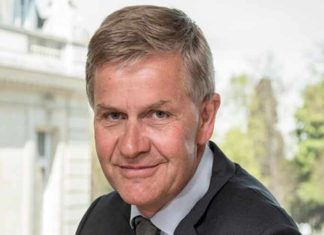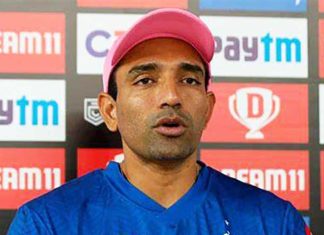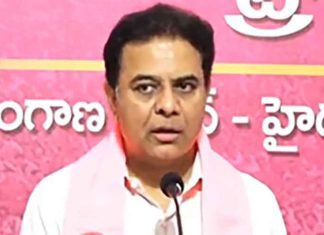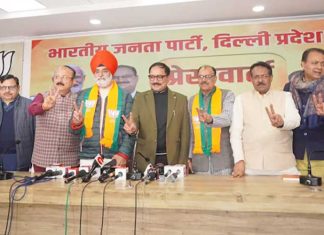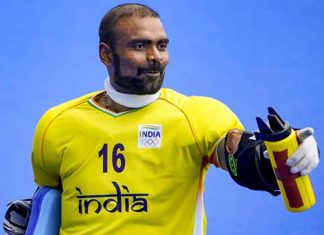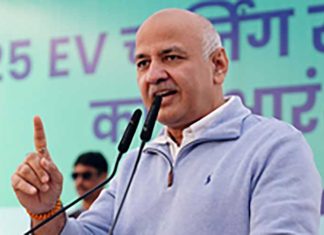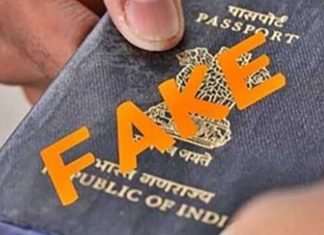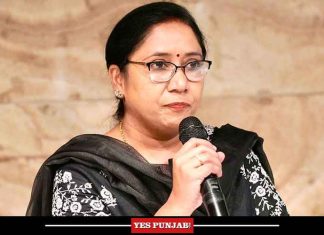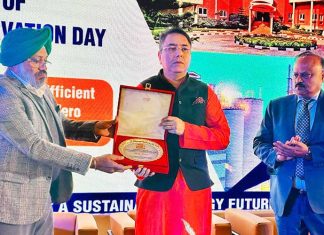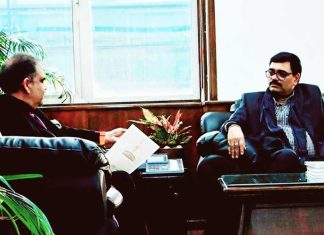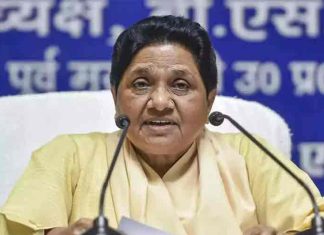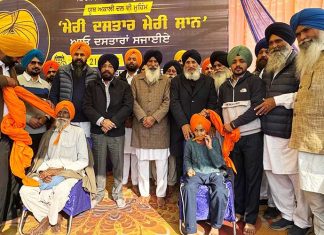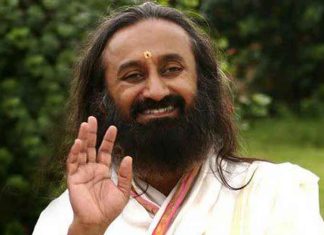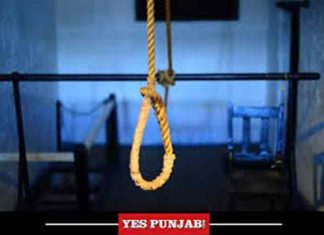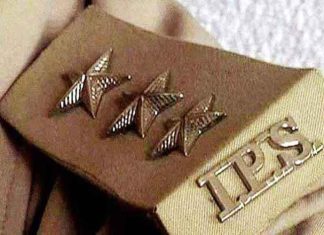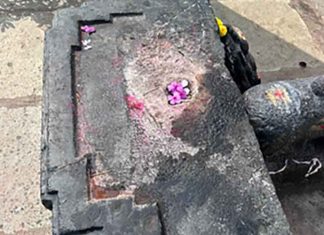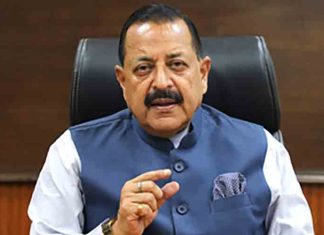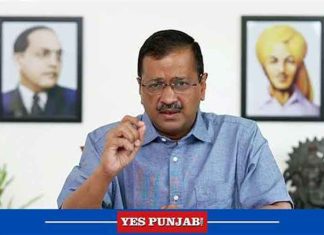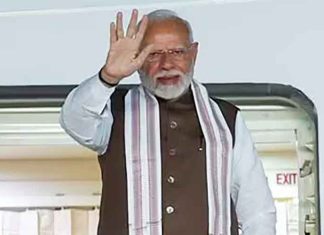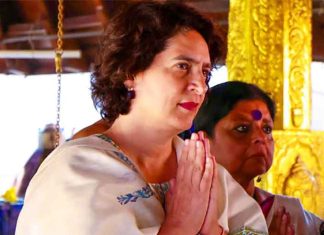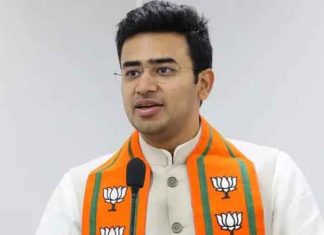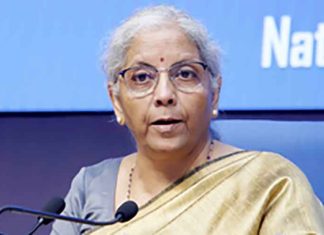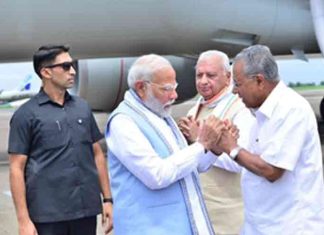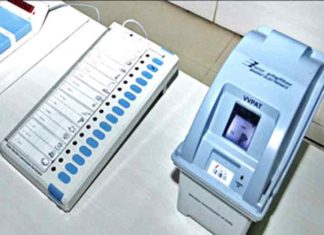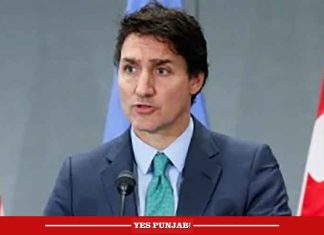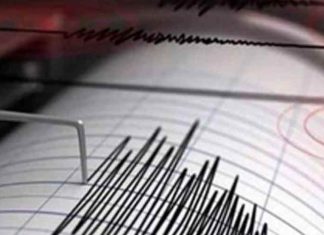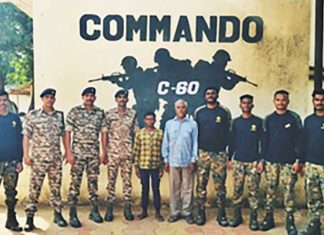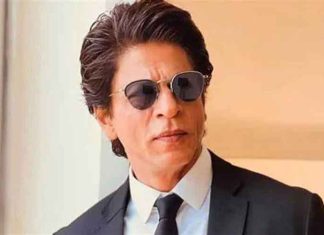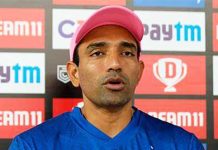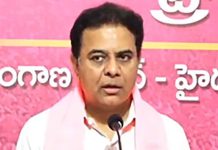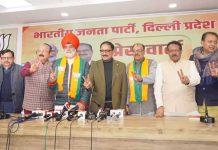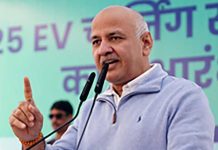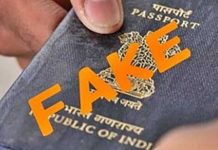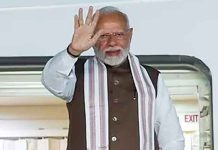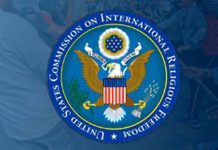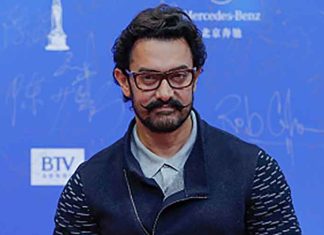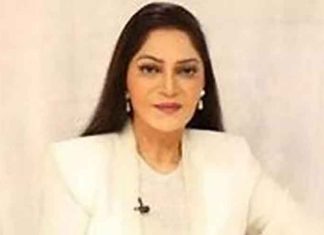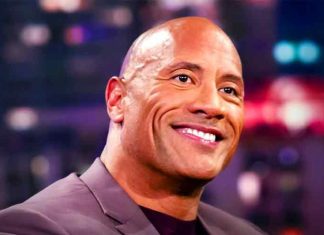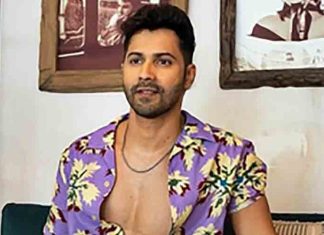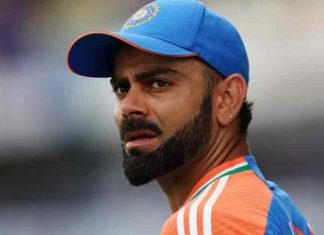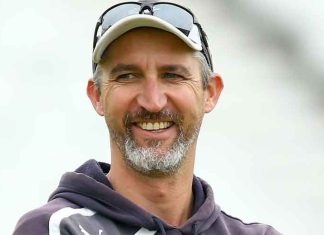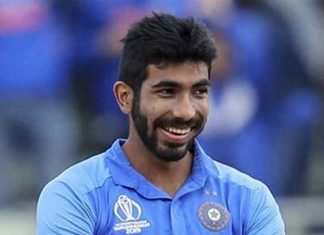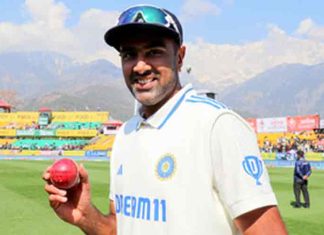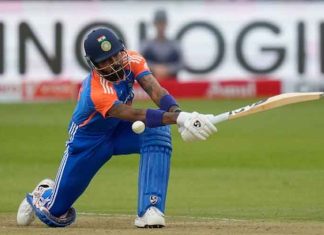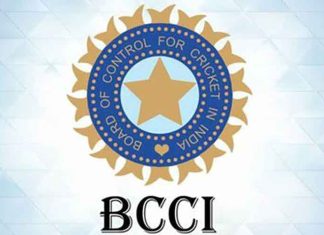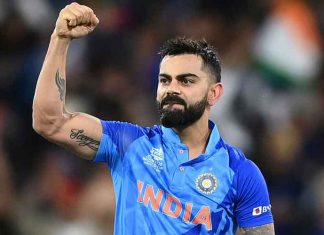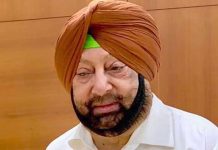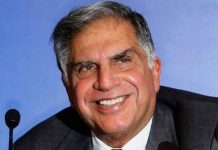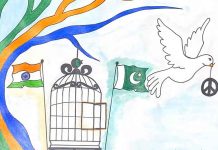New Delhi, Oct 5, 2024
External Affairs Minister (EAM) S Jaishankar on Saturday ruled out any India-Pakistan dialogue during his upcoming visit to the neighbouring nation for the Shanghai Cooperation Organization (SCO) Summit and said that it was rather a multi-lateral event.
Jaishankar acknowledged that his visit to Pakistan will draw enough media attention, given the nature of the relationship between both nations but clarified that this was not intended for any talks but rather necessitated by the ‘compulsions’ of SCO Summit.
“It (visit) will be for a multilateral event. I’m not going there to discuss India-Pakistan relations. I’m going there to be a good member of the SCO,” he said at the sidelines of an event in the national capital.
“But, you know, since I’m a courteous and civil person, I will behave myself accordingly,” he added.
Pakistan is hosting the SCO Council of Heads of Government (CHG) meeting on October 15 and 16.
Further elaborating on his visit, he said, “I am scheduled to go to Pakistan in the middle of this month. And that is for a meeting of the SCO heads of government. Normally, the Prime Minister goes to the high-level meeting with the heads of state. That’s in line with the tradition. The meeting is happening in Islamabad this year as it happens to be a new member of the grouping, much like us.”
Jaishankar, while delivering the Sardar Patel lecture on Governance organised by IC Centre for Governance, explained the reasons behind SCO’s ‘failure’ in realising the grouping’s aspirations and also made a veiled attack on Pakistan over its terror factories.
“Terrorism is something unacceptable. Despite the global view on it, one of our neighbours continues to support terrorism and if such is the case, then there must be consequences. It cannot be business as usual in the region. This is the reason why SAARC meetings have not taken place in recent years.
He further stated, “However, it doesn’t mean that the regional activities have stopped. In fact, in the last 5-6 years, we have seen far more regional integration in the Indian subcontinent. Today, if you look at our relationships with Bangladesh, Nepal, Bhutan, Myanmar, and Sri Lanka, you will see railway lines being restored, roads being rebuilt, and electricity grids being constructed.”
Notably, it’s for the first time in about a decade that the country’s External Affairs Minister would be visiting Pakistan, even as the two nations share strained ties due to terror emanating from Pakistani soil.
Jaishankar also pitched for bringing reforms to the United Nations.
“The United Nations needs to be reformed because it is 80 years old. When it was founded, there were 51 members, and not all of them were free. We were one of the founding members. Today, there are 193 members.
So, if something has changed from 51 to 193, how can the management remain the same? It doesn’t make any sense. Additionally, if you look at the global economic hierarchy, that has also changed.”(Agency)





